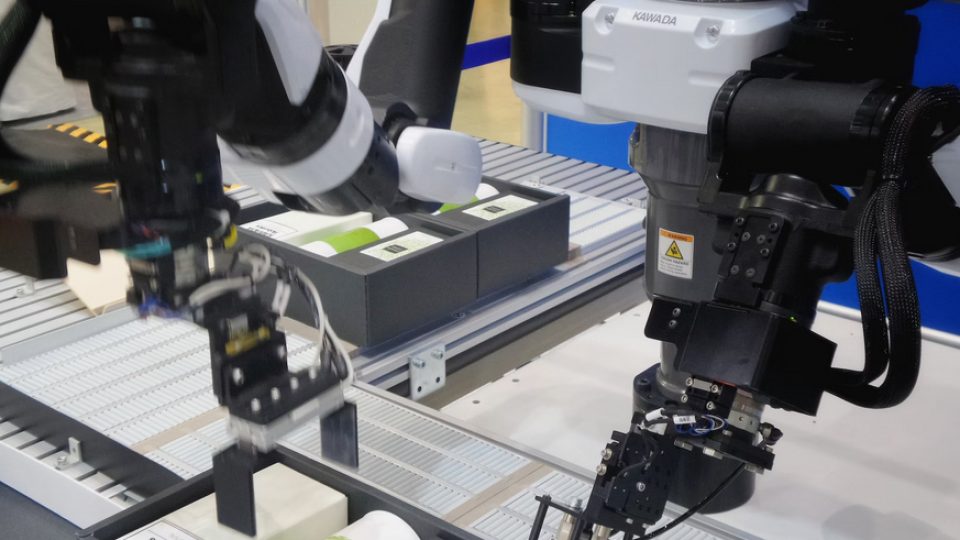December 12, 2023
NEW DELHI – According to a latest survey by PwC, 51 per cent of Indians believe Artificial Intelligence (AI) will help them improve productivity at work.
The survey titled “India Workforce Hopes and Fears Survey 2023” said India’s average is higher than the global average, where 31 per cent believe AI will benefit them at work.
It highlighted that 62 per cent of Indians believe that the skills required for their jobs will change significantly over the next five years as compared to 36 per cent globally. Moreover, 69 per cent of these Indians know how the requirements will change.
According to the survey, 24 per cent of Indians said that AI would negatively impact their work. Globally, the percentage of people who believe this is 14 per cent. Furthermore, 21 per cent of Indian respondents believed AI would take over their jobs as compared to 13 per cent of the global respondents.
The report also highlighted that the Indian workforce is restless, with 42 per cent of employees indicating that they are likely to change jobs in the next year due to expectations of better pay packages and promotions as compared to 2% globally.
“Most Indian leaders are aware of the criticality to transform their workforce for the future success of their businesses. Similarly, as their work and workplace are undergoing significant changes, employees in India are highly aware of the urgency to upskill, it increasingly becoming an important factor in their career decisions,” said Kartik Rishi, partner at PwC India.
“However, organisations continue to adopt a much lesser focus on skills, especially those for the future, in their talent strategies and programs. Adopting a forward-looking, skills-first approach, which is integrated into their business processes will be a key factor for leaders in sustaining businesses over the next decade.”
Additionally, 70 per cent of Indian participants, as against 35 per cent of their global counterparts, are willing to ask for a promotion. While a significant amount of organisational efforts are focussed on the younger generation, our survey found that managers and senior executives will also need attention.
Last week, Europe reached a provisional deal on landmark European Union rules governing the use of artificial intelligence including governments’ use of AI in biometric surveillance and how to regulate AI systems such as ChatGPT.
With the political agreement, the EU moves toward becoming the first major world power to enact laws governing AI. The deal between EU countries and European Parliament members came after nearly 15 hours of negotiations that followed an almost 24-hour debate the previous day.


